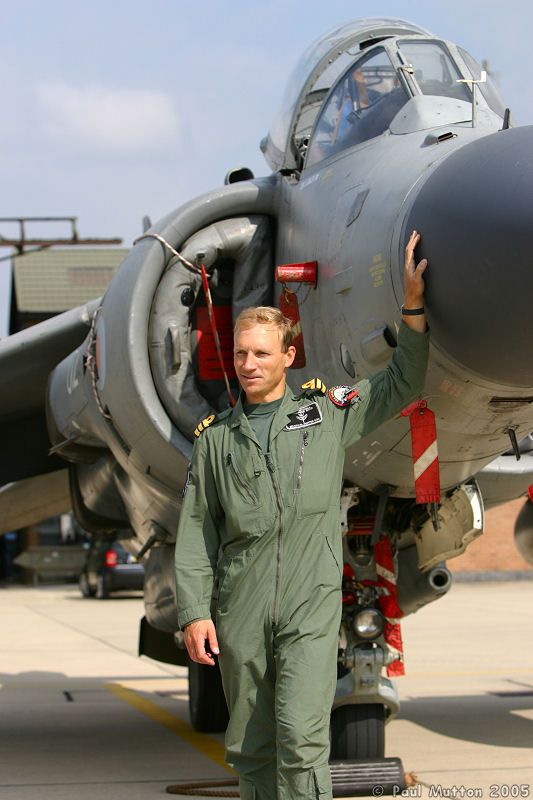

She worked as an aviation electronics technician before participating in the seaman-to-admiral commissioning program.

Lee enlisted in the Navy in 2007, according to a Navy Facebook post. Thomas Zimmerman, who is currently assigned to the “Red Rippers” of Strike Fighter Squadron (VFA) 11. The “Gladiators” fly F/A-18E and the F/A-18F Super Hornets, which is what the Blue Angels currently fly.Īlthough the Blue Angels accepted six officers this year, Lee is among the two that were accepted to fly the F/A-18E and F/A-18F Super Hornets. Lee is currently assigned to the “Gladiators” of Strike Fighter Squadron (VFA) 106, which is stationed at Naval Air Station Oceana. Lee, who goes by the call sign “Stalin,” is among six officers that will join the Blue Angels for its 2023 show season, the demo squadron announced via Facebook. Amanda Lee will be the first female demonstration pilot for the Blue Angels, the Navy announced Monday. Here are 8 facts to know about the Blue Angels and the team’s pilots.Lt. Navy’s flight demonstration squad is known for its incredible and high-pressure flight maneuvers, seen at air shows all around the country.
#NAVY FIGHTER PILOT MOVIE#
Of course, perhaps the most well-known film that features Navy pilots is “Top Gun,” however, TOPGUN, also known as the United States Navy Strike Fighter Tactics Instructor program, is more than a movie – it’s a fighter and strike tactics flight school still attended by naval aviators. Naval Aviation Has Inspired Filmmakers For Decades – But Top Gun is More Than a Movie.įrom “An Officer and a Gentleman” to “Pearl Harbor,” Hollywood has long been fascinated by the world of naval aviation. Many Navy pilots have followed in Armstrong’s footsteps and have become astronauts, and today, many current or former Navy pilots are members of NASA crews. Armstrong served in the Navy in the Korean War, during which he flew 78 combat missions. However, with the launch of manned space programs in the 20th century, the Navy’s contributions continued – this time through pilots-turned-astronauts.Īmerican astronaut and aeronautical engineer Neil Armstrong was a naval aviator before he became the first man to ever set foot on the moon.

The VW-4 Super Connie, pictured here in 1955, served not only as an airborne early warning platform on radar barrier patrols, but also as an effective hurricane hunter. Some of these flying missions even involved experiments in trying to weaken and dissipate entire hurricanes by flying directly into the storms and seeding areas with silver iodide, in an attempt to protect coastlines. In fact,, there were specialized Navy squadrons that flew hurricane and typhoon reconnaissance flights to track and obtain information on the storms so as to provide forecasts and warnings to protect the public. From the Navy to NASAĮven before NASA was established in 1958, the Navy was contributing to atmospheric and high-altitude research that is now a central aspect of NASA’s work. He also was one of the boldest flyers, earning the Distinguished Flying Cross and three Air Medals for some of his missions while flying the TBM Avenger torpedo bomber from the carrier USS San Jacinto. As a young 18-year-old Navy pilot at the time, Bush was one of the youngest naval aviators to serve during the war. Bush also served in the military during WWII. Photo credit Naval History and Heritage Commandĭuring World War II, a young President Gerald Ford was a navigator serving in the Navy as an ensign aboard the USS Monterey, as well as an instructor for the Navy’s aviation cadet training program in North Carolina. Bush received the Distinguished Flying Cross while serving in World War II for his heroic actions during an attack on the Japanese installations on Chi Chi Jima in 1944.


 0 kommentar(er)
0 kommentar(er)
